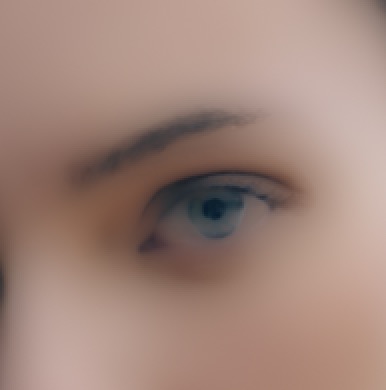Gaussian blur is the most common way to blur images in graphics and video apps. It provides for a smooth output that feels natural to the viewer.
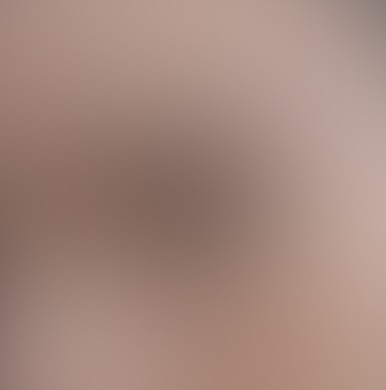
Box blur produces details with square shapes. The output has more contrast than when produced via Gaussian blur.
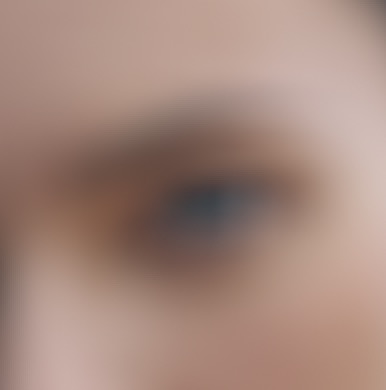
Disc blur produces details with round shapes. The output has more contrast than when produced via Gaussian blur.
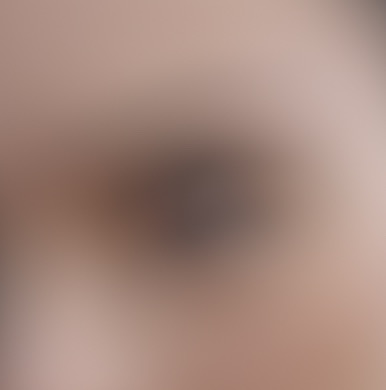
Zoom blur simulates motion blurring anchored to a point. The output has rays radiating outward from the chosen origin. The Contrast parameter determines whether rays are more or less visible in the output.
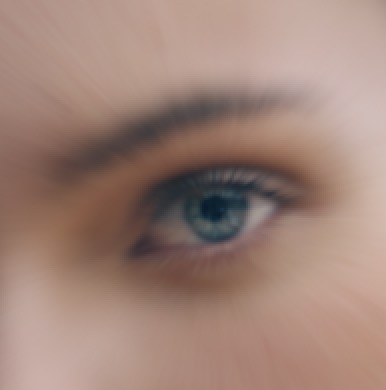
Directional blur simulates motion blurring along a fixed direction, specified through a separate Angle.
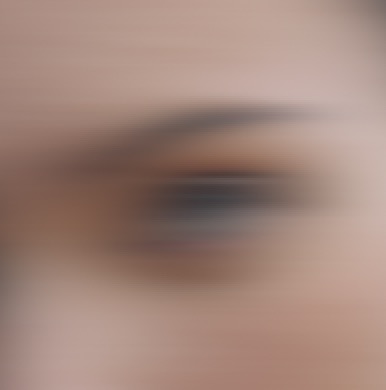
Bokeh is a variant of Disc blur that produces non-uniform details, i.e. ring shapes that simulate lens effects. The Contrast parameter allows you to control the visibility of ring edges.
Variable blur applies a Gaussian blur in various amounts, according to the current mask. Variable blur is possible only when using a custom Source or Mask.
